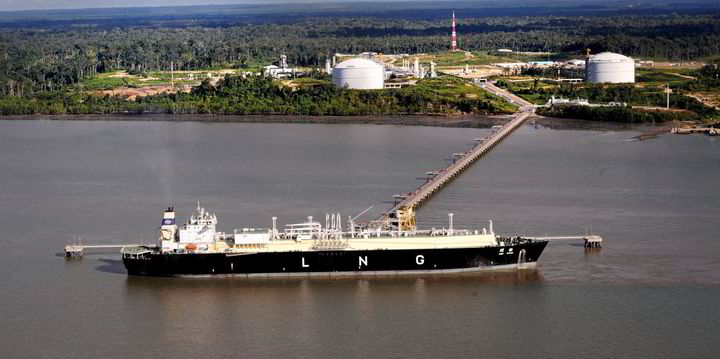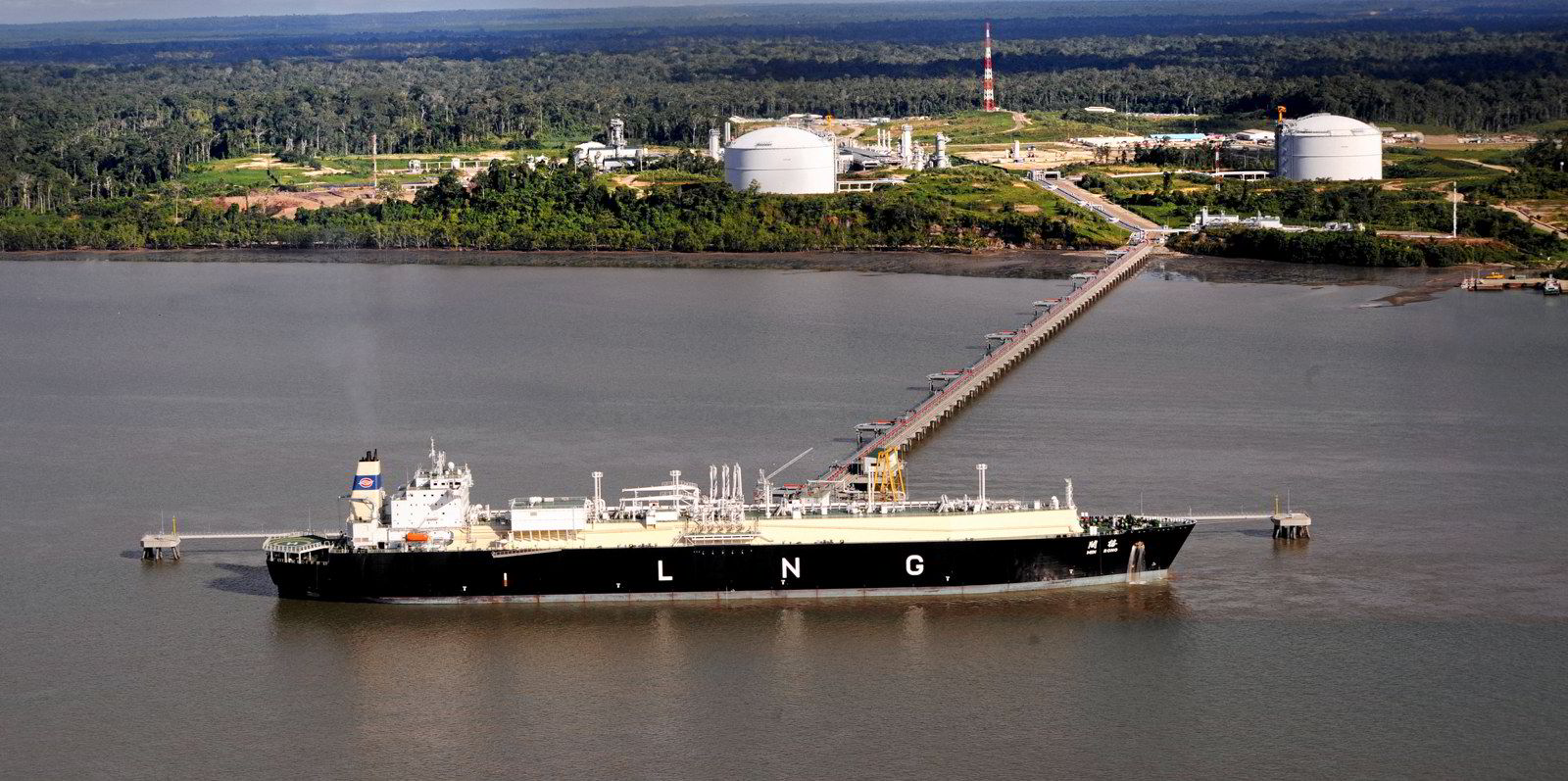Indonesia has issued a regulation intended to support the integration of carbon capture and storage (CCS) and carbon capture, utilisation and storage (CCUS) schemes within exploration and production activities in country, with the aim of helping to decarbonise the upstream industry.
Minister of Energy & Mineral Resources Arifin Tasrif issued MEMR 2/2023 concerning the implementation of CCS in exploration and production operations. This regulation is a maiden step for Indonesia to achieve its net zero emissions target by 2060, the ministry said.
Currently there are 15 CCS/CCUS projects in Indonesia that are in the study and preparatory stages, most of which are expected to start up by 2030.
The 15 projects are:
- Arun (CCS)
- Gemah (CCUS/enhanced oil recovery)
- Ramba (CCUS/EOR)
- Jatibarang (CCUS/EOR)
- Central Sumatra Basin (CCS/CCUS hub)
- Sakakemang (CCS)
- Gandih (CCUS/EOR)
- RU V Balikpapan (carbon capture and utilisation/methanol)
- Kutai Basin (CCS or CCUS hub)
- Sunda Asri Basin (CCS/CCUS hub)
- Sukowati (CCUS/EOR)
- East Kalimantan (potential CCS or CCUS)
- Blue (ammonia/CCS)
- Abadi (CCS/CCUS)
- Tangguh (CCUS/EOR).
“Although the regulation does provide some much needed clarity around the scope and requirements of CCS/CCUS activities, there are a number of issues that remain to be addressed, including leakage risk, allocation of title and risk in the context of commingled carbon and ensuring quality specifications,” said Paul Greening and Jooyoung Song of lawyers and advisers Akin Gump in their Akin Insights Blog.
“It is also unclear to what extent Indonesia will look to offer financial incentives to attract investment across the CCS/CCUS value chain, and it will be interesting to see whether the Indonesian government will follow jurisdictions such as the United States, the United Kingdom and Europe by introducing tax breaks and credits for CCUS technologies.”
Article continues below the advert
The ministry’s director of oil and gas, Tutuka Ariadji, said the process of drafting MEMR 2/2023 was quite a lengthy process and one undertaken in collaboration with operators active in Indonesia and academics.
“In compiling this regulation, we are working with an excellent centre which has an office at the Bandung Institute of Technology. During the process [we] invited many institutions — both national and international — with the hope that the standards will also be international and implementable in their implementation because they also work with PSC contractors,” Tutuka said.
He added players can now include in development plans submitted for approval to upstream regulator SKK Migas, their schemes for related CO2 emissions to be captured and stored during oil and gas field operations.
Cost recovery could also be applicable within the production sharing contract if CCUS is used to boost production via enhanced oil or gas recovery initiatives, the ministry said.
Tutuka said he hopes MEMR 2/2023, which was drafted in August 2021, can motivate the upstream industry to reduce emissions. The regulation received presidential approval earlier this year.
Malaysia to follow Indonesia’s footsteps?
“It would be especially interesting to see whether Malaysia will quickly follow Indonesia’s footsteps and announce its own regulations, given Malaysia through its well-established oil and gas industry was positioning itself to be a CCS/CCUS leading destination in Southeast Asia,” Greening and Song added.
“Also, we may wait and see whether Indonesia’s MEMR 2/2023 could serve as a stepping stone towards discussion around regional co-operation. Although domestic regulations such as MEMR 2/2023 will be important to the development of domestic CCS/CCUS projects, regional co-operation will be absolutely critical to unlock the region’s vast carbon-capture potential,” the duo said.
“A series of issues will inevitably arise in a cross-border context, so without regional co-operation to foster confidence and certainty around a cross-border/transboundary legal and regulatory regime, the idea of transporting CO2 from Singapore to Indonesia through pipeline or shipping CO2 from countries such as Japan and South Korea to Malaysia may merely remain a lofty ambition.”

